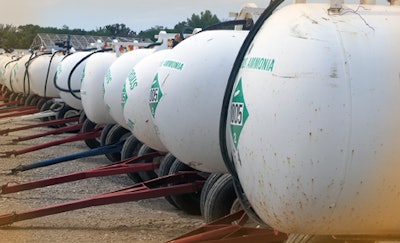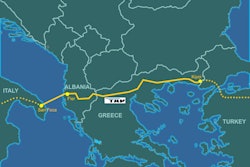
Japanese researchers hope that a new catalyst will enable them to develop the first practical system capable of producing ammonia at a smaller scale.
Chemical & Engineering News reports that Ajinomoto, a Japanese food and chemical company, formed a company called Tsubame BHB with its partners including Hideo Hosono of the Tokyo Institute of Technology — to commercialize the system.
Ammonia is widely used in many industries — including fermentation at Ajinomoto's amino acid plants — but is currently produced by combining hydrogen and nitrogen at high temperatures and under high pressure. That technique — called the Haber-Bosch process — is only cost-effective at a large scale, CE&N noted, but Hosono reportedly developed a process that can be deployed at small scales using lower pressure and temperatures.
Although details of the catalyst weren't disclosed, the publication noted that a Hosono-authored research paper discussed ammonia synthesis with "ruthenium nanoparticles deposited on a calcium aluminate electride."
The project's backers aim to install an ammonia facility at an Ajinomoto plant by 2021. CE&N added that Hosono's system is one of several efforts underway around the world to make ammonia at smaller scales.






















